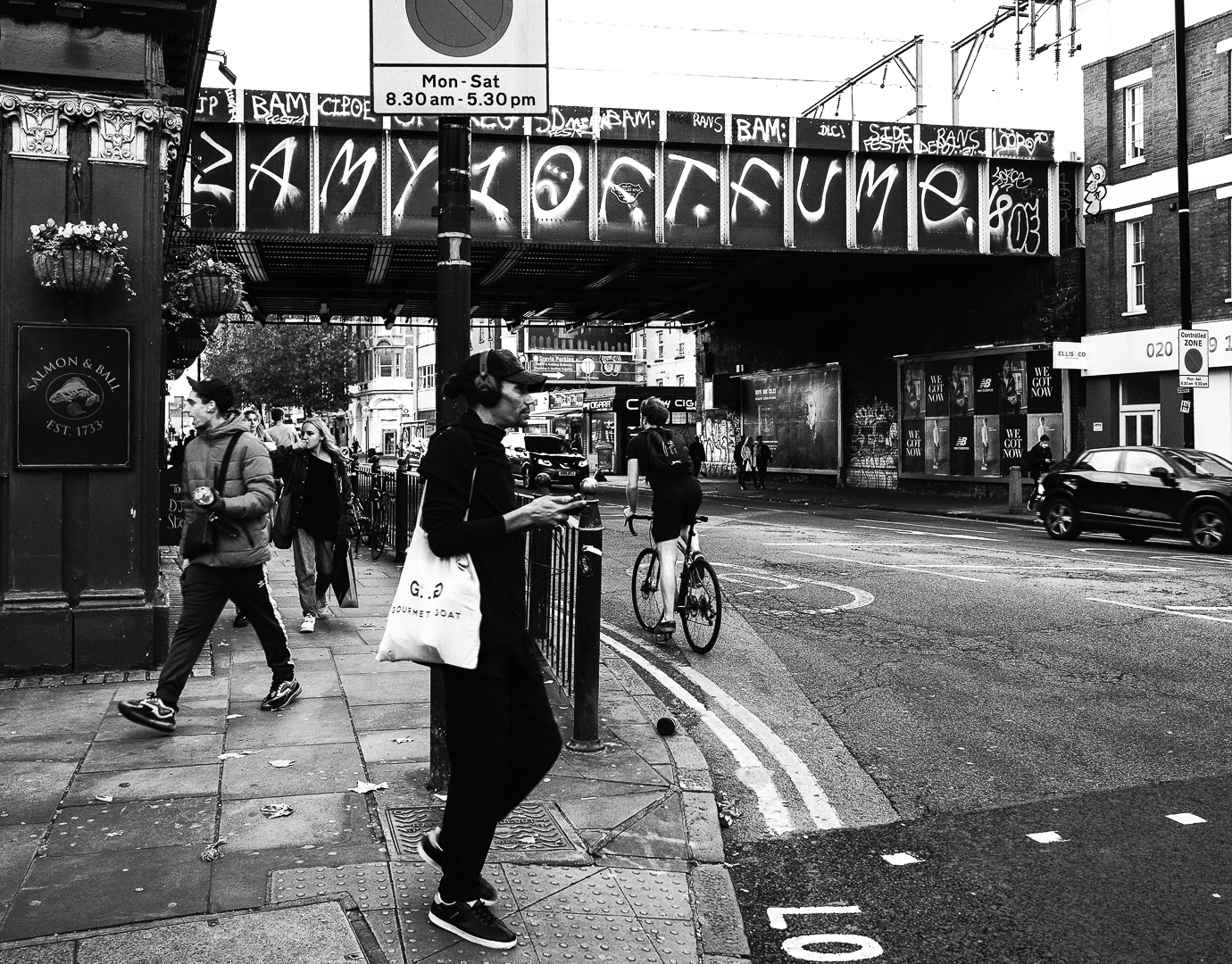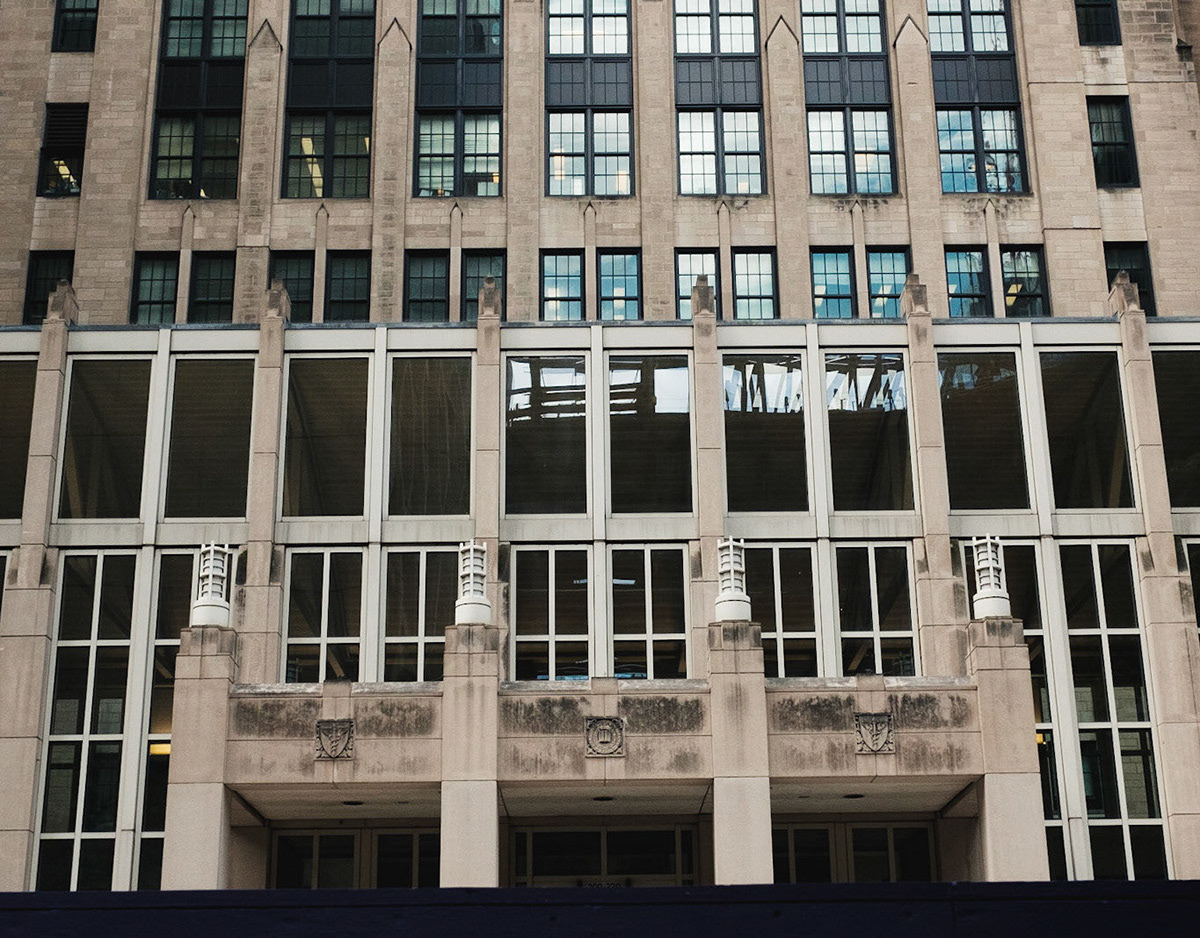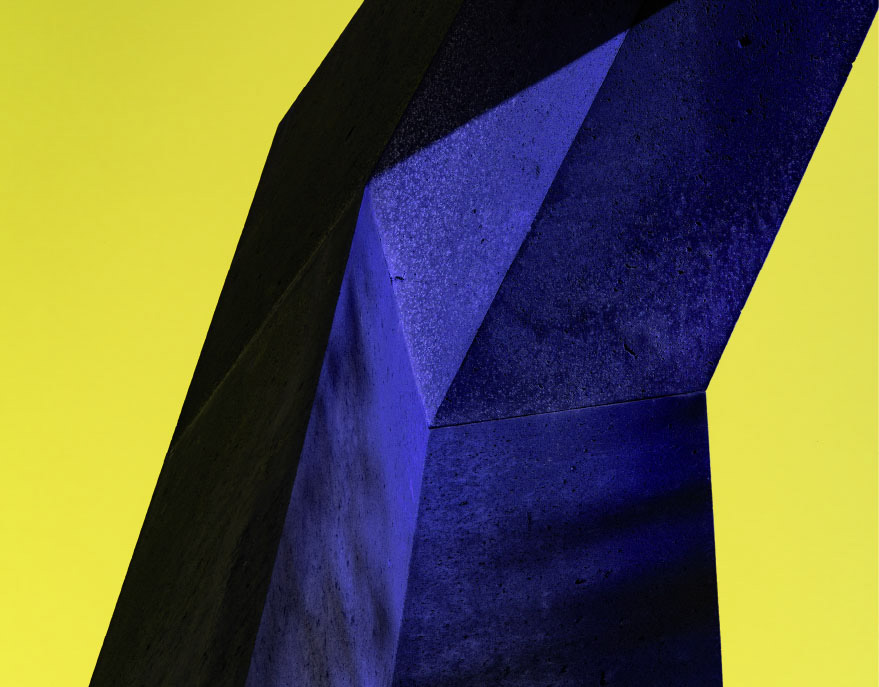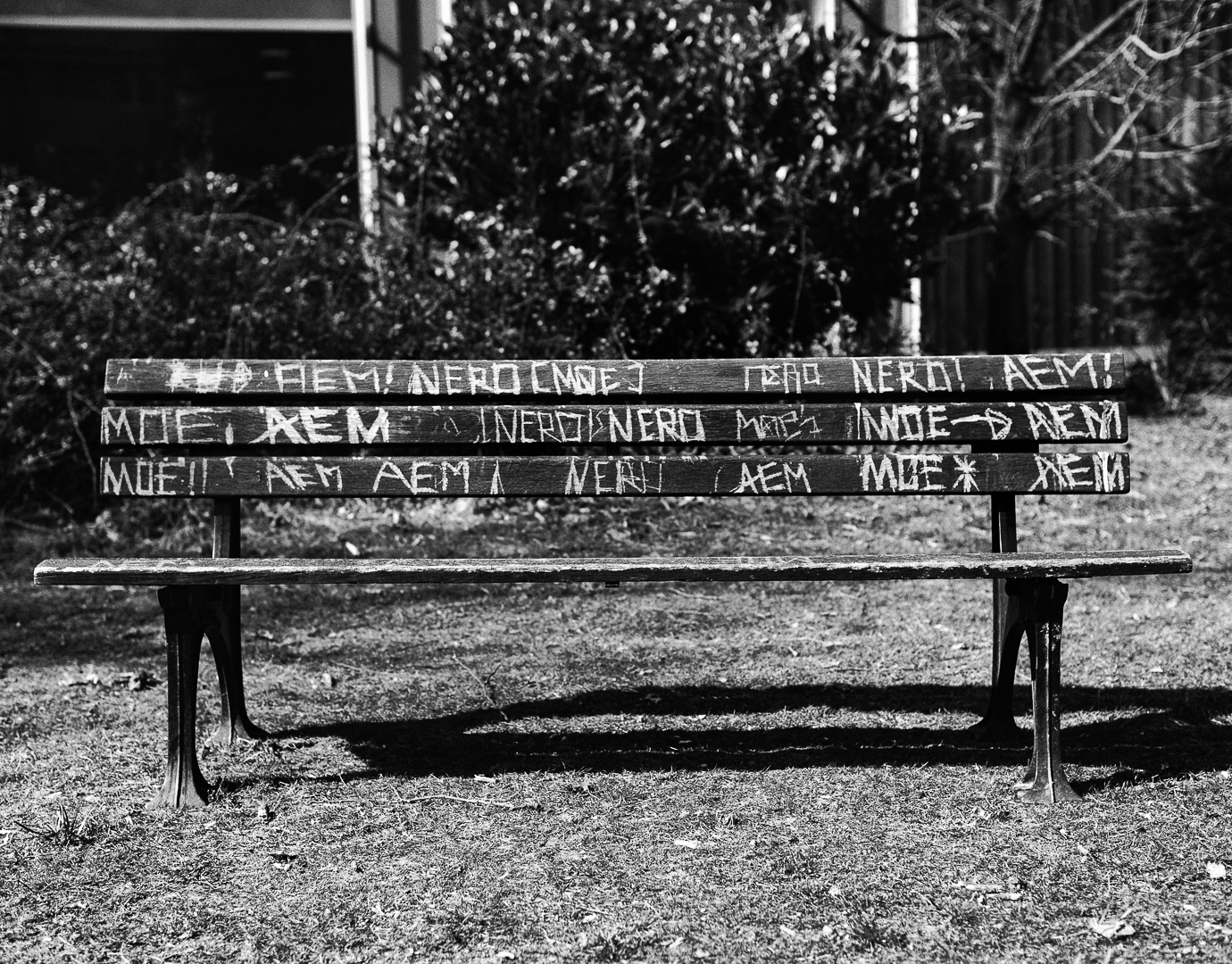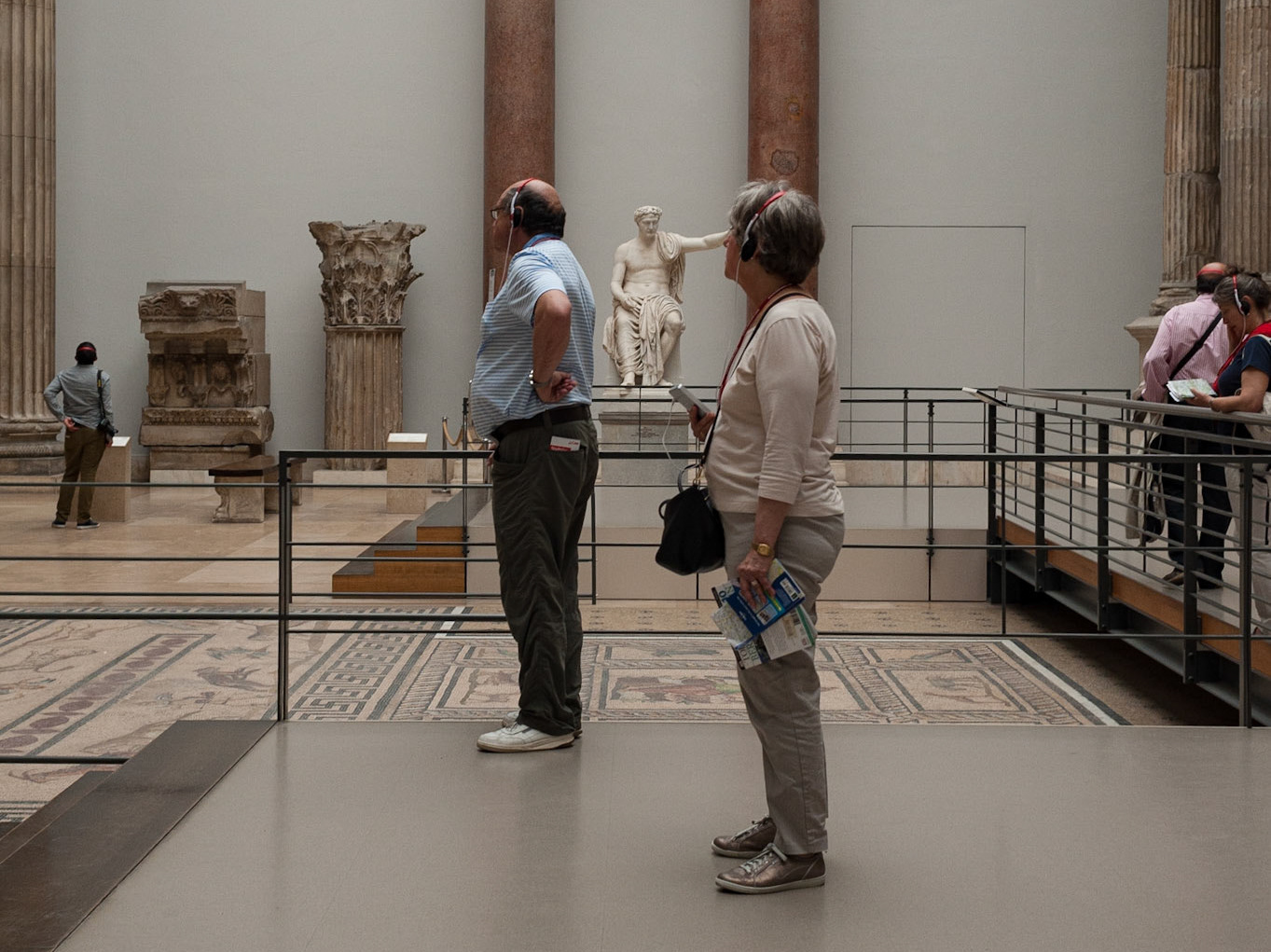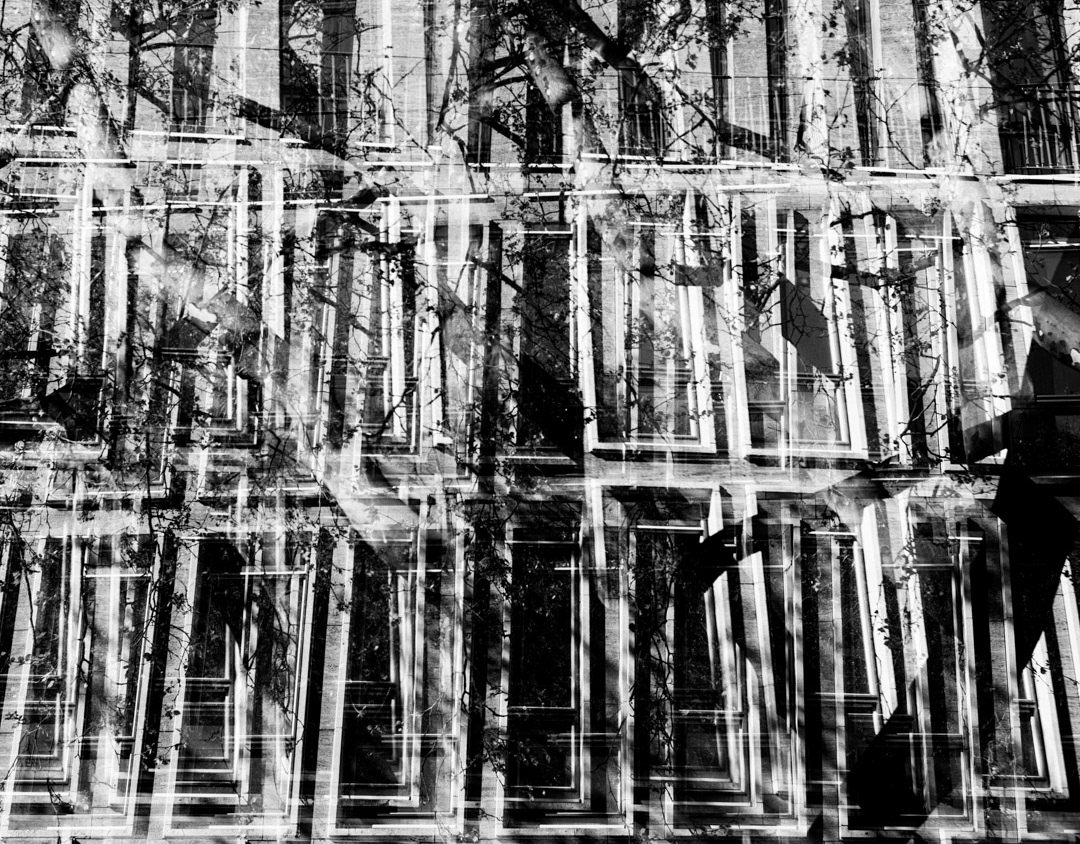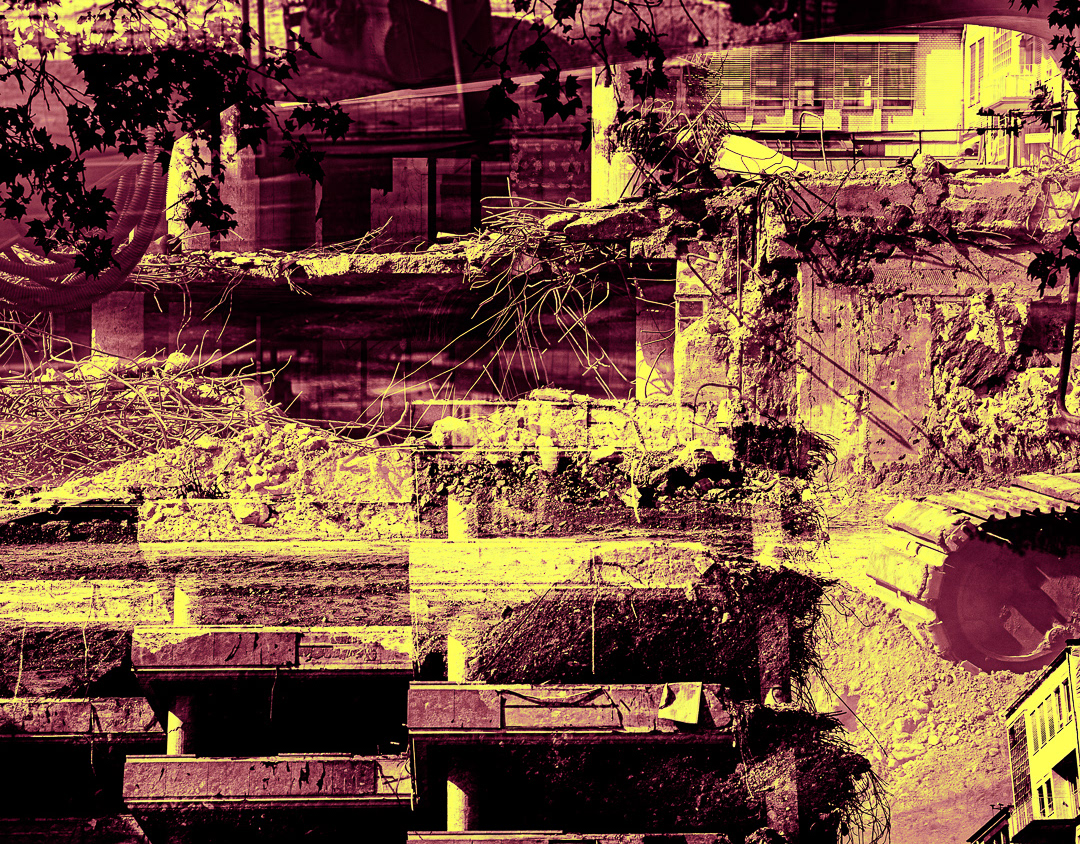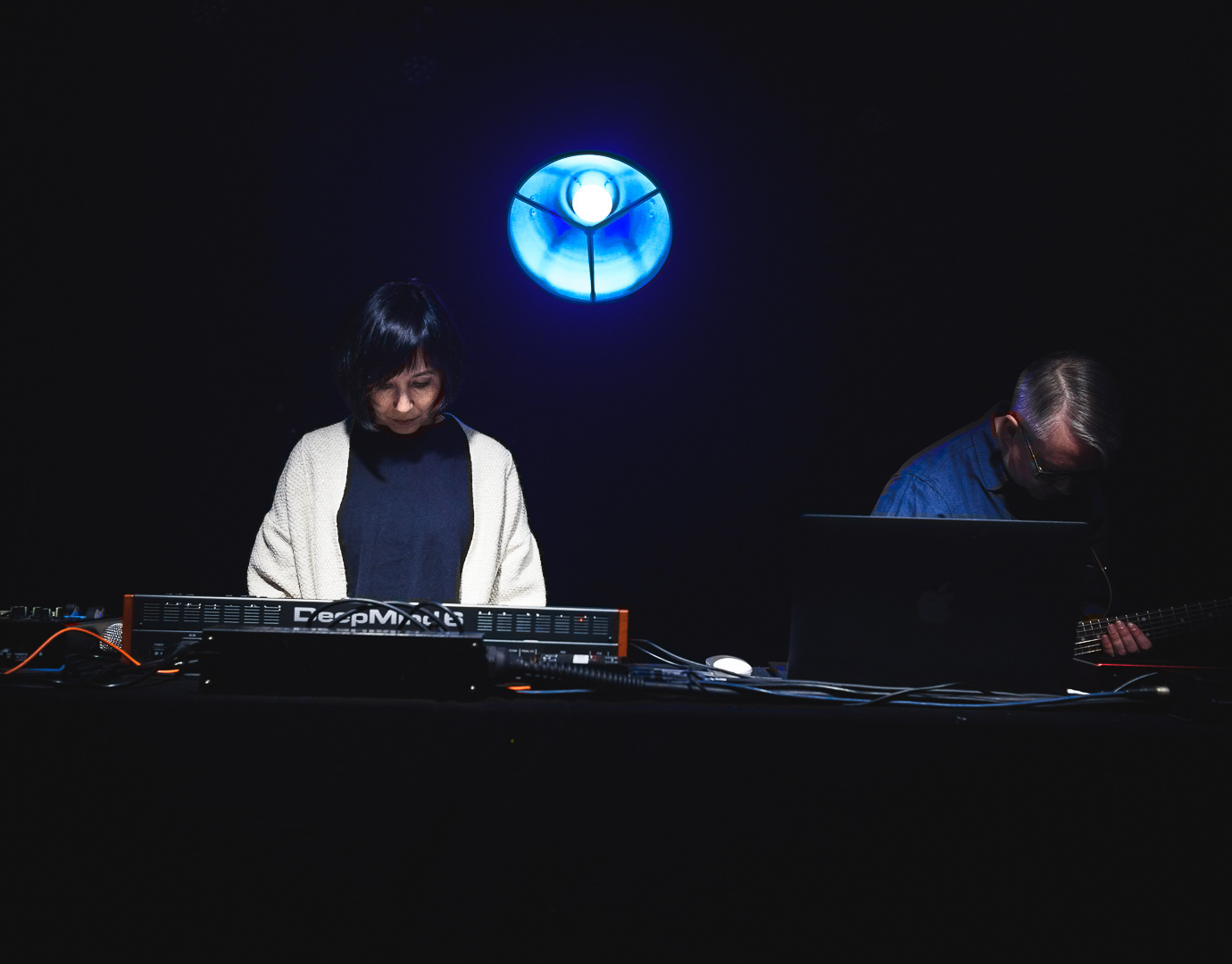This is a photo collection of abandoned Christmas trees. After the season, the trees are left in the streets, ready to get picked up by the municipal waste collection services. The trees lie around for more than a week. Enough time nit be ignoring this rather broad hint pointing towards our current relation to nature. But another question popped up in my head: For what reason are fir and pine trees brought to our homes in the first place?
Subject 1: Lively traditions and old customs
When starting to research for background of Christmas trees, we can find out, that there are very old customs and traditions linked to evergreen plants and trees. They were a symbol of eternal life, health and vitality. This was already common amongst ancient Egyptian, Chinese or Hebrew cultures. In ancient Rome, people decorated their homes with laurel wreaths by the turn of the year. Mithras, the sun-god, was honored by the Winter Solstice with decorated trees. In northern Europe people put fir and pine springs in their houses to chase away the spirits of evil. It was believed, that fir prevents evil spirits from entering and settling our living rooms. The custom to bring evergreen plants to our homes can be referred to as pagan rite. Like many other ancient customs in Europe, the evergreen plants were later transformed and converted into Christian customs and embedded into Christian culture. But this is another story. Christmas trees teach us something about culture of knowledge and social change. What gets lost or simply is no longer relevant? How old meanings can loose their reasons and simply fade during times. Christmas trees can also teach us, how power structures can have impacts on customs and traditions. How power structures can abuse traditions and customs to their benefit. For example the shift from pagan rites to Christian customs was very much possible, due the power structure the early roman catholic church was equipped with. That change was also due to new perspectives and believes people were willing to accept. As of today and in regard of the abandoned trees in the streets, the question could be what or who has lost impact on modern society? What do the trees in the street tell us about societal change?
Subject 2: Disposable customs turn into short time city greens.
At first, the abandoned stacks appeared to me as if they were a temporary contribution to our public green. The tree-stacks created new temporary landscapes in an urban environment. They added a green, plant-based, natural contrast to the urban landscape, shapes and materials our cities are built and constructed of. Urban and Non-Urban debates. But then their presence disturbed my day-to-day walking routines. Some of the stacks were so high, I had to walk around them. New thoughts crossed my mind. The trees provided chaos in an otherwise clean and tidy environment. A chaos I could not deny. Were they still alive? Sometimes they almost looked like green beings, that were capable of crawling along the sidewalks and through the streets. A breathe of new life had gotten into them. As if they had become the spirits, we wanted to chase away. They disrupted me. Some of them appeared like bagged animals or trophies. Disposable trophies, no longer needed, not healthy, no longer representing life. Cropped and cut-off, pruned and prepared to be decorated and exhibited. But now their glory has finally passed. I became intrigued by them.
Subject 3: The Photographs
To capture the pagans I choose a wide-angel lens. I wanted to add the urban context. The trees are located in the image’s center, like a trophy photo would perhaps look like. All photographs are taken by Andreas Röhrig. These images here can be ordered and purchased on demand. All prints are fine-art prints, framed in black aluminium frames including the passepartout. Prints are available in two sizes: 70x50 cm & 30x40 cm Feel free to contact me: photos@andreasroehrig.de Simply state the number of a photo you like and the desired frame size. Don’t forget to let me know how many copies you would like to buy. Thank you.
